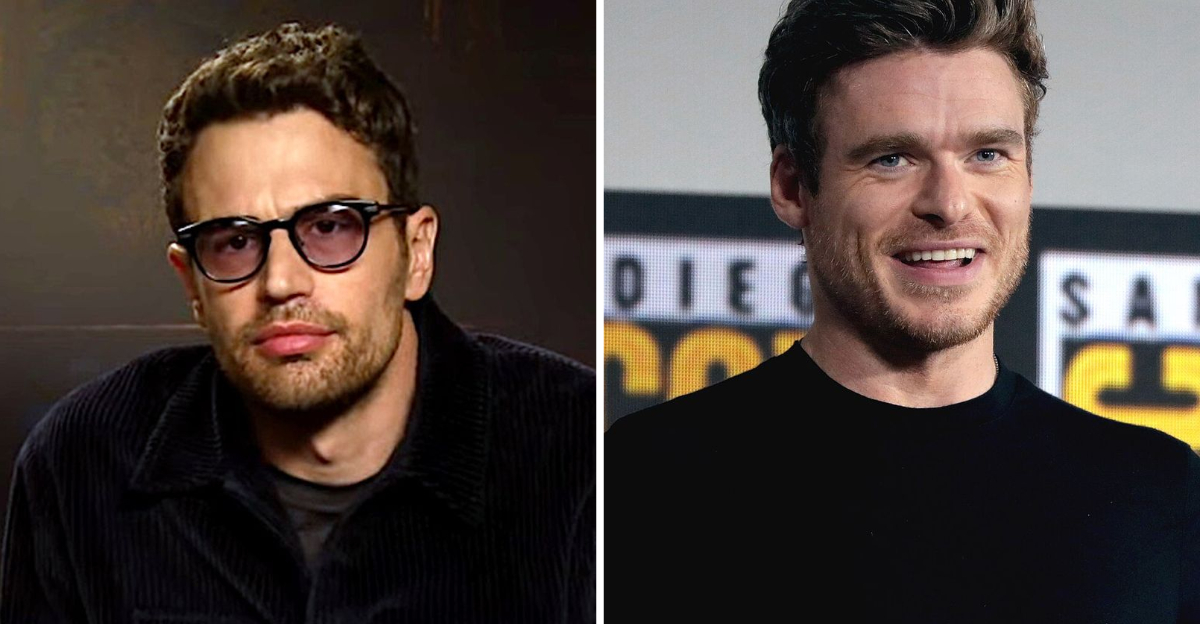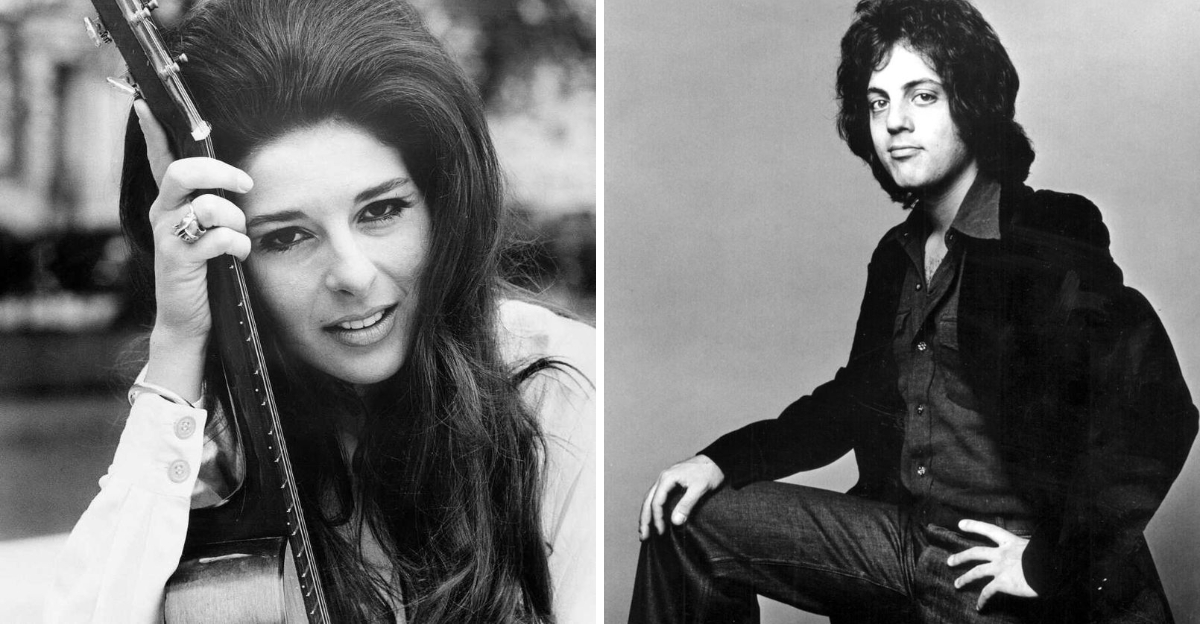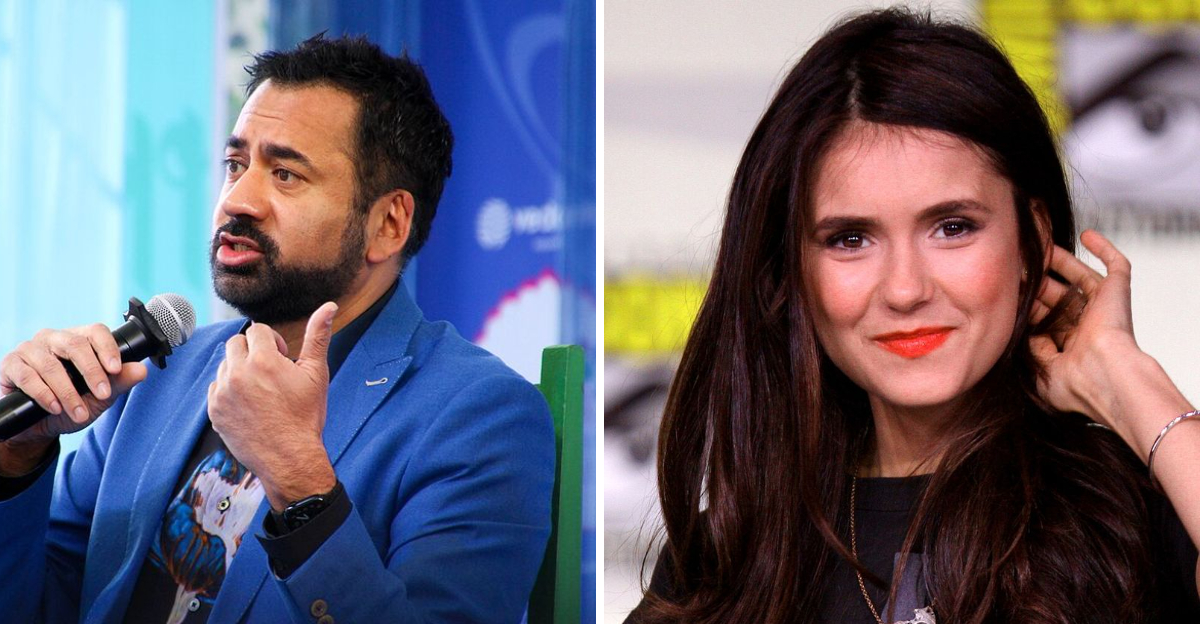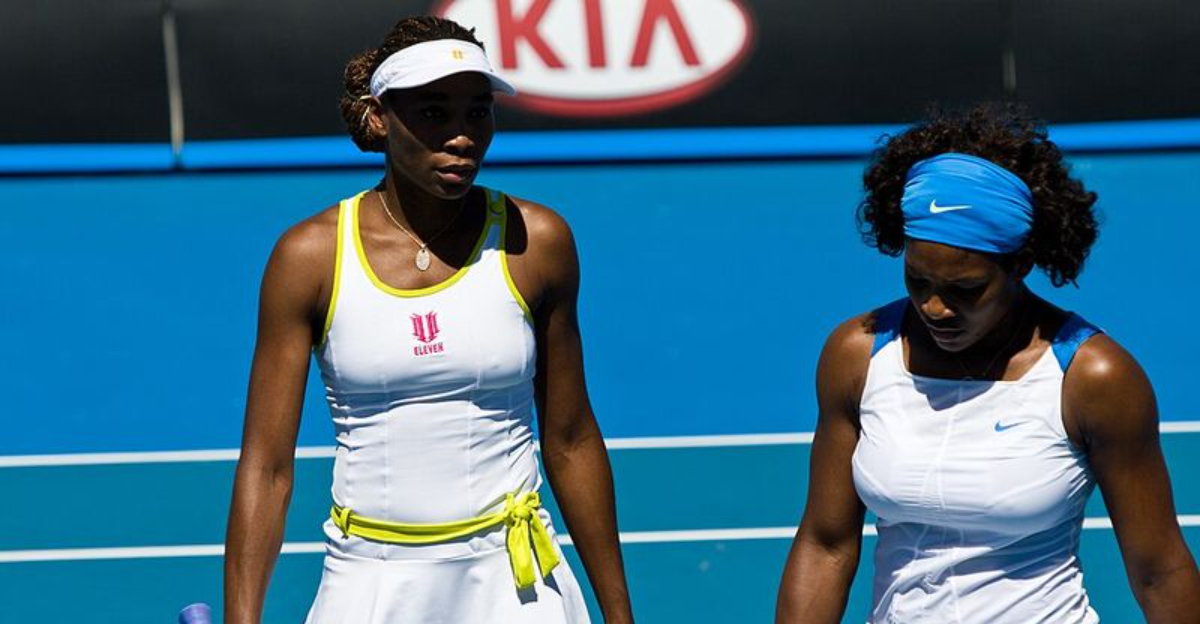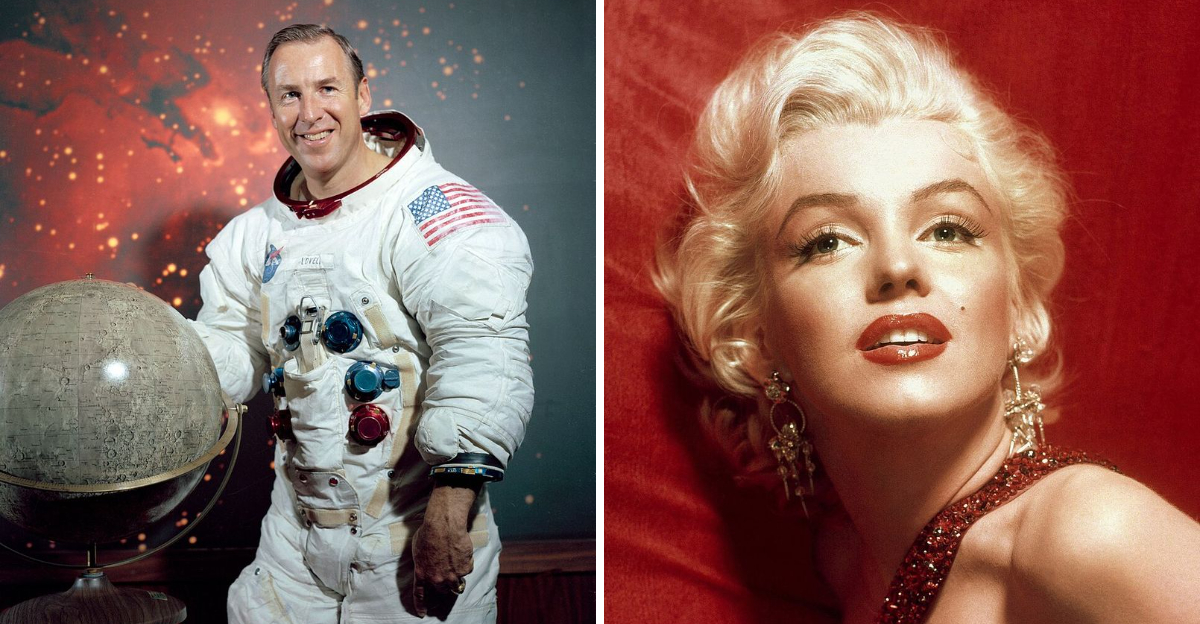15 Iconic ’80s And ’90s TV Classics That Shaped A Generation
Television in the ’80s and ’90s was more than background noise – it was the heartbeat of living rooms everywhere.
Families gathered on worn couches, the glow of the screen casting familiar faces into homes night after night.
Sitcoms taught lessons wrapped in laughter, dramas pulled at emotions long before streaming queues existed, and theme songs became part of daily life.
It was an era of creativity, comfort, and connection that shaped how an entire generation saw the world.
1. The Cosby Show

Families across America tuned in every Thursday night to watch the Huxtables navigate everyday life with humor and heart.
This groundbreaking sitcom featured an affluent African American family led by a doctor and lawyer, breaking stereotypes on primetime television.
Cliff Huxtable’s colorful sweaters became fashion icons while the show tackled serious topics through comedy.
The series proved that wholesome family entertainment could dominate ratings and spark important conversations about parenting, education, and success.
2. The Golden Girls

Four sassy senior women proved age is just a number in this Miami-based sitcom that shattered expectations.
Dorothy, Rose, Blanche, and Sophia shared cheesecake at the kitchen table while discussing everything from dating disasters to serious health issues with perfect comedic timing.
Their friendship showed viewers that life doesn’t end at retirement – it just gets more interesting.
3. Family Ties
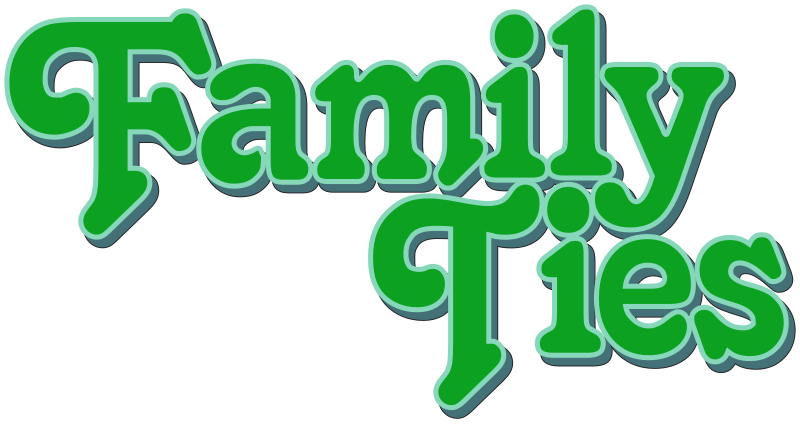
What happens when liberal hippie parents raise a conservative Republican son?
This sitcom explored generational conflicts with warmth and humor, capturing the political tensions of Reagan-era America through one lovable family.
Alex P. Keaton became a breakout character whose obsession with money and success contrasted hilariously with his parents’ values.
The series balanced political commentary with heartfelt family moments, showing that love transcends ideological differences and making viewers think while they laughed.
4. Full House

Three men raising three girls in a San Francisco Victorian created comedy gold and heartwarming life lessons.
When Danny Tanner’s wife died, his brother-in-law Jesse and best friend Joey moved in to help, creating an unconventional but loving household that redefined family.
Catchphrases like “Have mercy!” and “You got it, dude!” entered pop culture vocabulary instantly.
The show tackled everything from peer pressure to first crushes with humor and genuine emotion, making it required viewing for kids throughout the ’90s.
5. Knight Rider

Imagine having a talking car with artificial intelligence as your crime-fighting partner.
Michael Knight and his virtually indestructible Pontiac Trans Am named KITT fought injustice while showcasing technology that seemed impossible in the 1980s but predicted today’s smart vehicles.
KITT’s sarcastic personality and advanced features like turbo boost made the car the show’s real star.
The series combined action, humor, and futuristic gadgets into a formula that had kids dreaming of owning their own talking automobile someday.
6. Miami Vice
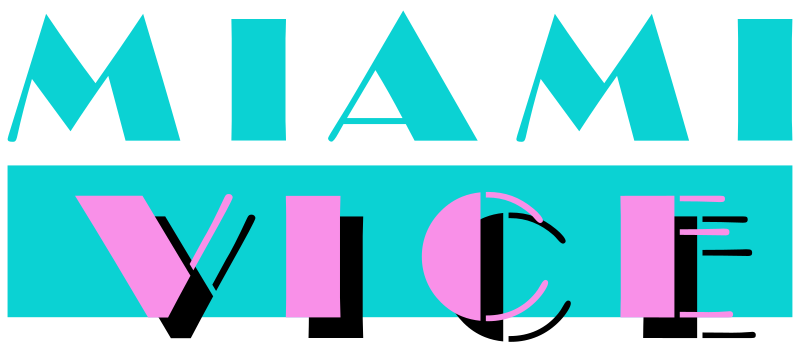
Pastel suits, no socks, and a synthesizer soundtrack defined this stylish crime drama that made Miami the coolest city on television.
Detectives Crockett and Tubbs went undercover in the dangerous world of drug trafficking while looking like fashion models straight from a magazine cover.
The show revolutionized TV production values with its cinematic look and contemporary music.
Jan Hammer’s iconic theme song became a chart-topping hit, proving that television soundtracks could compete with radio and influence pop culture beyond the small screen.
7. The Wonder Years

Growing up is never easy, and this show captured the bittersweet reality of adolescence through Kevin Arnold’s eyes.
Set during the late 1960s and early ’70s, the series used nostalgia and adult narration to explore first loves, family dynamics, and finding your identity.
Winnie Cooper became every boy’s childhood crush while the Vietnam War loomed in the background.
The show’s honest portrayal of awkward moments, disappointments, and small triumphs made viewers of all ages reflect on their own formative years with fondness.
8. Saved by the Bell
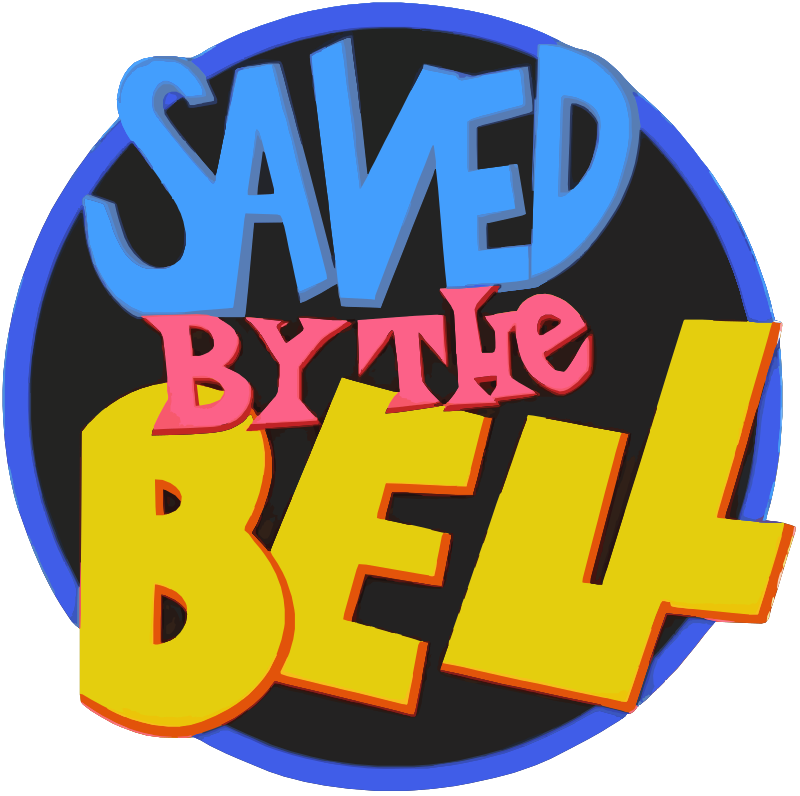
Saturday mornings belonged to Zack Morris and his friends at Bayside High, where problems were solved in twenty-two minutes and fashion choices were questionable.
This teen sitcom tackled issues like caffeine addiction, drunk driving, and environmental concerns while keeping the tone light and fun.
Zack’s ability to freeze time and talk directly to viewers broke the fourth wall in memorable ways.
The show created teen idols, launched careers, and gave a generation their first glimpse of high school drama before they experienced it themselves.
9. Seinfeld

Billed as “a show about nothing,” this revolutionary sitcom found comedy in life’s smallest annoyances and social awkwardness.
Jerry, George, Elaine, and Kramer navigated New York City while obsessing over soup etiquette, close-talking, and whether someone is sponge-worthy.
The series introduced countless phrases into everyday vocabulary and changed sitcom rules forever.
Unlike traditional comedies, characters rarely learned lessons or showed growth, instead remaining hilariously self-absorbed through every episode, making the show feel refreshingly honest and endlessly quotable.
10. The X-Files

Believing in aliens and government conspiracies became mainstream thanks to FBI agents Mulder and Scully’s investigations into unexplained phenomena.
The show brilliantly balanced monster-of-the-week episodes with an ongoing mythology about alien colonization, keeping viewers guessing and theorizing between episodes.
Mulder’s “I want to believe” poster became an iconic image of ’90s pop culture.
The chemistry between the skeptical scientist Scully and believer Mulder created one of television’s most compelling partnerships while the show’s dark atmosphere influenced countless series that followed.
11. Friends

Six twentysomethings in New York City drinking coffee and navigating relationships became the blueprint for ensemble comedies.
Rachel, Ross, Monica, Chandler, Joey, and Phoebe weren’t just characters – they became the friends viewers wished they had, making Thursday nights appointment television for millions.
The show’s influence on fashion, hairstyles, and coffee culture cannot be overstated.
From Ross and Rachel’s will-they-won’t-they romance to Phoebe’s quirky songs, the series created countless memorable moments that people still reference and quote decades later.
12. Beverly Hills, 90210

Wealthy teens in Southern California dealt with issues far more dramatic than typical high school problems.
The Walsh twins moved from Minnesota to Beverly Hills, exposing viewers to a glamorous world of designer clothes, expensive cars, and complicated relationships that felt both aspirational and cautionary.
Brandon and Brenda’s moral compass guided the show through controversial topics rarely addressed on teen television.
The series launched careers, created teen idols, and proved that soap opera-style drama could work in a high school setting with authentic young characters.
13. Twin Peaks

Who killed Laura Palmer? That question launched one of television’s most surreal and groundbreaking mysteries.
Set in a quirky Pacific Northwest town, the show blended murder investigation with supernatural elements and bizarre characters that defied conventional storytelling.
Director David Lynch brought his signature dreamlike style to network television, creating something viewers had never experienced before.
The show’s influence on prestige television cannot be overstated, proving that audiences craved complex narratives and ambiguous storytelling that challenged their expectations and imagination.
14. The Fresh Prince of Bel-Air
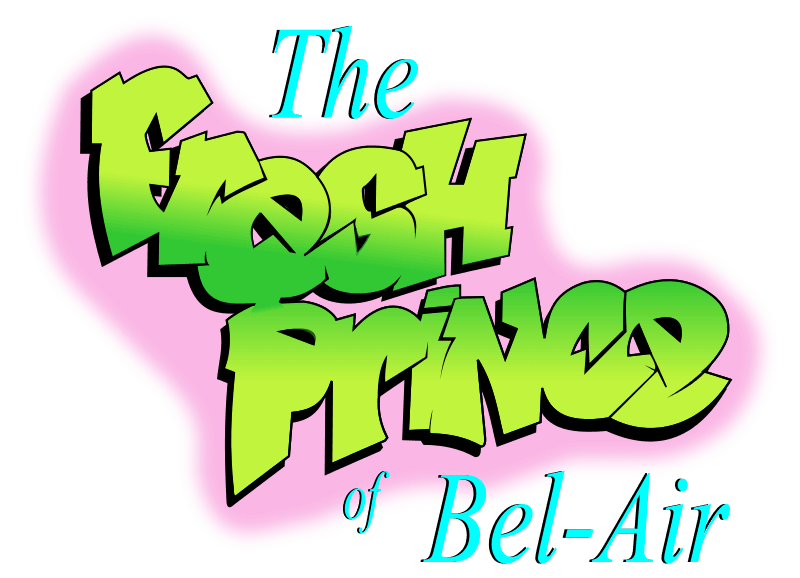
When a street-smart Philadelphia teen moved to his wealthy relatives’ Bel-Air mansion, culture clash comedy gold ensued.
Will Smith’s charisma and comedic timing made him a superstar while the show addressed serious issues like racism, gun violence, and identity alongside laugh-out-loud moments.
Carlton’s dorky dancing and Uncle Phil’s wisdom became instantly iconic elements of ’90s television.
The show’s theme song remains one of the most recognizable TV intros ever created, with people still rapping along word-for-word decades after it first aired.
15. Law & Order
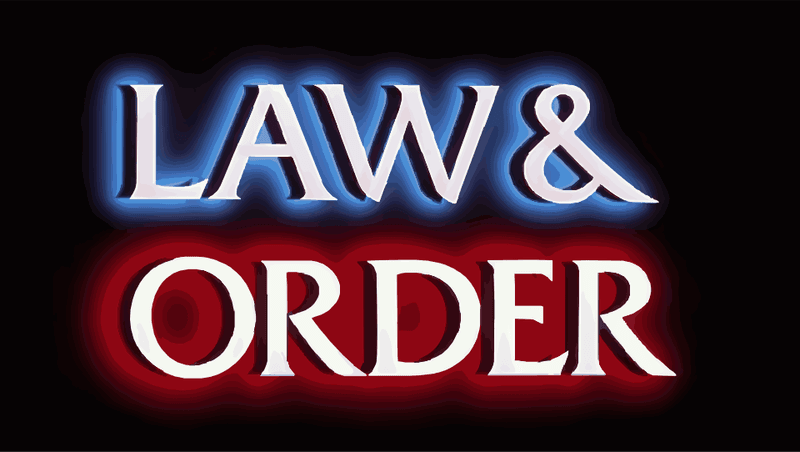
That distinctive “dun-dun” sound effect became synonymous with crime television.
The show’s innovative two-part structure followed police investigation in the first half and courtroom prosecution in the second, giving viewers both procedural action and legal drama in every episode.
Ripped from real headlines, cases explored moral ambiguity and legal complexity rarely seen on network television.
The series spawned multiple successful spinoffs and created a franchise that continues today, proving that audiences never tire of well-crafted crime stories and ethical dilemmas.

